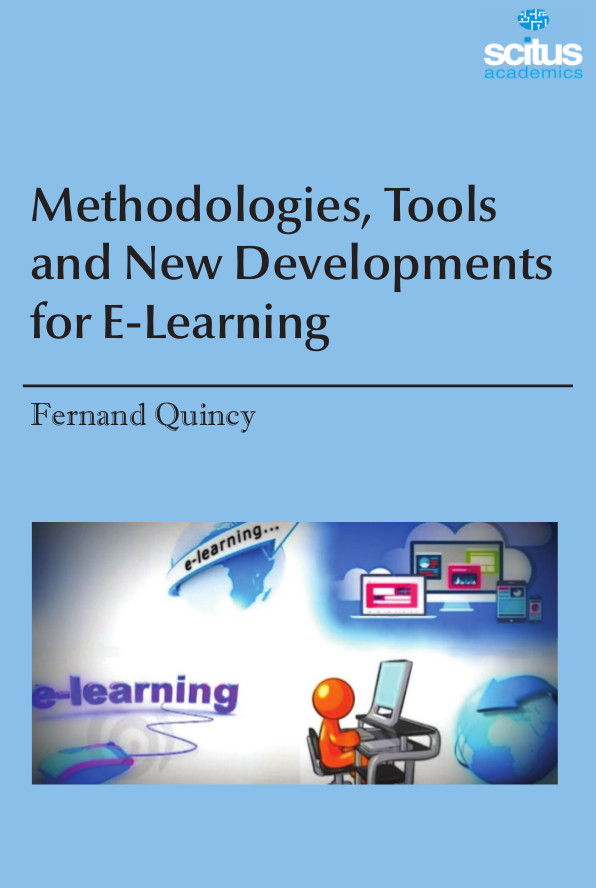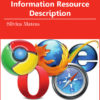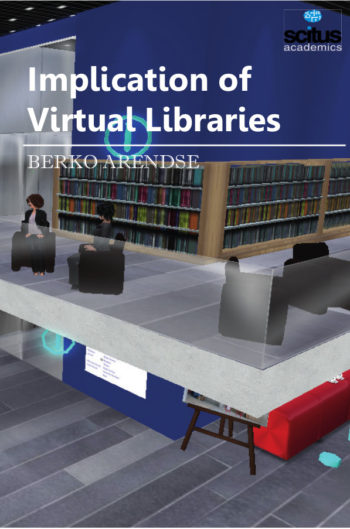E-learning is essentially the network-enabled transfer of skills and knowledge. Educational technology is the effective use of technological tools in learning. As a concept, it concerns an array of tools, such as media, machines and networking hardware, as well as considering underlying theoretical perspectives for their effective application. Educational technology is not restricted to high technology. Also called e-learning, it includes an array of approaches, components, and delivery methods. E-learning is learning utilizing electronic technologies to access educational curriculum outside of a traditional classroom. In most cases, it refers to a course, program or degree delivered completely online. There are many terms used to describe learning that is delivered online, via the internet, ranging from Distance Education, to computerized electronic learning, online learning, internet learning and many others. E-learning is defined as courses that are specifically delivered via the internet to somewhere other than the classroom where the professor is teaching. It is not a course delivered via a DVD or CD-ROM, video tape or over a television channel. E-learning has definite benefits over traditional classroom training. While the most obvious are the flexibility and the cost savings from not having to travel or spend excess time away from work. With the resources provided by communication technologies, E-learning has been in employment in various universities, along with in wide range of training centers and schools. This book entitled Methodologies, Tools and New Developments for E-Learning covers the chapters dealing with the subject and stressing the importance of E-learning. It demonstrates the evolution of E-learning, with discussion about tools, methodologies, improvements and new opportunities for long-distance learning.













